Content Creator
Those who study Ayurveda a little bit definitely come across them: The three Ayurveda types (Doshas) Vata, Pitta and Kapha. The so-called Doshas are the three life energies that are present in every organism. Each of them is responsible for certain body functions.
Furthermore, the presence of each of the three Doshas in us indicates what constitution type we are. Are you more the grounded Kapha type, fiery like Pitta or flexible like Vata? Depending on the characteristics of your Doshas, you can adjust your everyday life and your eating habits so that your Doshas are in balanceand you feel completely well.
According to Ayurveda nutrition, for example, it is said that a warm breakfast is better than a cold one. This is especially true for Kapha and Vata types.
Learn more about the three Doshas and find out which type you are:
The three Doshas – that is what is behind it!
When we speak of Ayurvedic types, we actually mean how much of each of the three life energies Kapha, Pitta and Vata is in us. It is fact that every one of us has all three within us. But for most people one Dosha is usually more distinct than the others.
For example, if you are the Pitta type, it means that your Pitta Dosha is more distinctive than Vata and Kapha.
Sometimes it also happens that two Doshas are similarly strong. Then one speaks of a mixed type. Less common are so-called Tri-Doshas. This is the case when all three life energies are equally strong.
To find out which Ayurveda type you are, Dosha tests on the internet can be helpful. However, an exact determination is only possible by visiting ayurvedic alternative practitioners.
But perhaps you already recognize yourself in our descriptions of the individual constitution types:
Kapha – the ones with the stoic calm
The elements earth and water are attributed to the Dosha Kapha. This life energy is responsible for the structure of our body, as well as the right amount of body fluids.
Kapha types are characterized by their calm, grounded and loyal nature. It seems like nothing can throw them off balance.
They also have an excellent memory and remember every little thing they have learned. In their everyday life these guys like to have routine and it is easy for them to maintain it.
The problem for these Ayurveda types is their habit of holding on to things and people. They also tend to eat and sleep excessively. However, this type of constitution often lacks exercise.
An excess of Kapha often manifests itself through overweight or conditions such as asthma, depression and diabetes. In everyday life, an excess of Kapha manifests itself through listlessness, tiredness and inertia.
Tips for Kapha types
To counteract inertia, regular exercise is essential for Kapha types. It is also important to stimulate digestion. This can be achieved, for example, with hot ginger water or spices such as turmeric and chili. Incidentally, turmeric is one of the classics among Ayurveda spices.
In addition, these Ayurvedic types should eat warm meals rather than cold ones. In the morning they should chose a warm porridge to stimulate digestion.
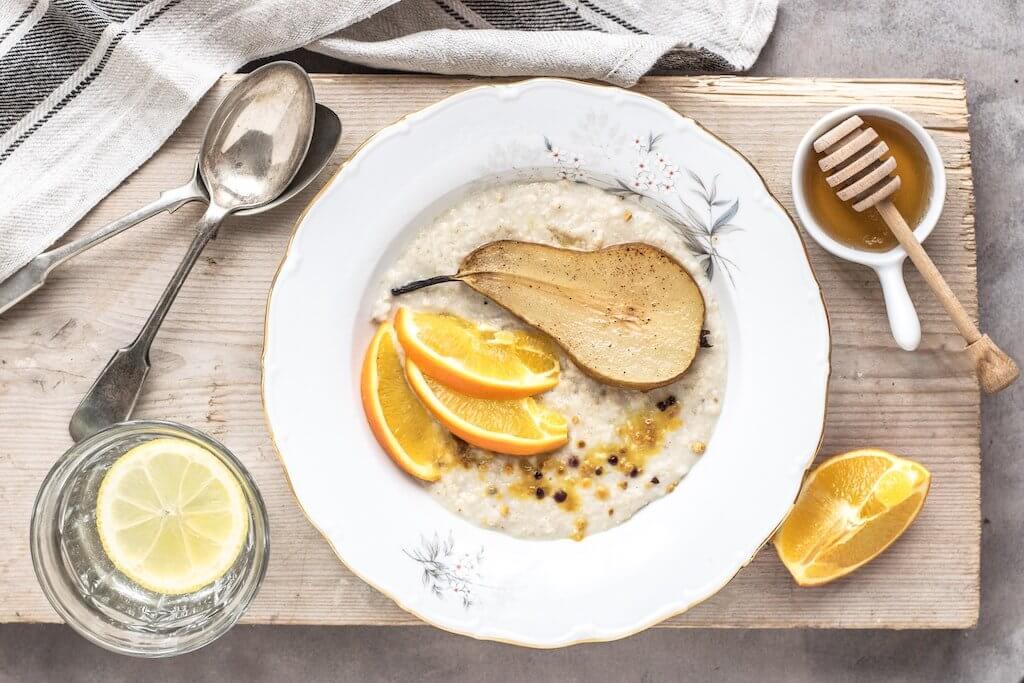
Those who have never made porridge themselves can try our basic porridge recipe:
Basic recipe: Oatmeal
Ingredients
- 250 ml milk or a plant-based alternative
- 50 g oat flakes
- A pinch of salt
- 2 tbsp honey or agave syrup
- 1/2 tbsp cinnamon
Instructions
- Heat up the oat flakes with a pinch of salt and the sweetener of your choice (honey or agave syrup) in the milk or plant-based drink (do not forget to stir well).
- Let the porridge steep for 3 minutes.
- Put the porridge into a bowl and sprinkle it with cinnamon.
- Enjoy!
Nutrition
Kapha-dominated people should integrate exercise into their routine, skip the afternoon nap and get into adventurous and new situations from time to time. This way, the life energy remains in balance and a surplus is prevented.
Pitta – the hotheads
To the life energy Pitta, the elements fire and a small amount of water are attributed.
Pitta is responsible for the metabolic processes in our body and regulates the hormone balance as well as the body temperature.
People with this Dosha predominating, work in a very structured way and can concentrate well. They are practical and logical thinkers.
However, the fiery Pitta type also tends to throw a tantrum, especially when hungry. It is rather difficult for him to relax and he often suffers from problems falling asleep.
An excess of Pitta energy can cause inflammation and high blood pressure in the body. Typical diseases are skin diseases such as acne or stomach and intestinal ulcers.
Tips for Pitta types
For the Ayurveda type Pitta, it is important to avoid extremes. These people need sport as compensation, but they should avoid too much stress.
People with Pitta constitution should rather stay away from heat. This also applies to spices. They should rather avoid spicy food.
Dear Pitta-types, now you have to be strong, because even stimulating drinks like coffee, tea or energy drinks should only be consumed in small amounts or best not at all.

In everyday life Pitta types should stay in a cool and well-ventilated environment. It is also very important for them to express their feelings.
Vata – the enthusiasts
The Dosha Vata controls our energy and is responsible for our nervous system.
Vata is connected with the elements air and space/ether. This lightness is also reflected in the character of the Vata types.
They are considered creative and enthusiastic, like to try out new things and are very open-minded personalities. You also enjoy exercise and are very active.
However, their spontaneity sometimes makes them act imprudently and hastily. Their forgetfulness also leads to trouble now and then.
If the Vata types get out of balance, they tend to become nervous and anxious. This is why they often suffer from sleep disorders. Typical diseases caused by an excess of Vata are arthritis and joint problems.
Tips for Vata types
People with a Vata constitution like to forget to eat and simply skip meals. In everyday life they should therefore make sure that they eat regularly and well. Rest is also especially important for this type of person.
Since they tend to have digestive problems, regular and preferably warm meals are essential for Vata types.
Recommended articles






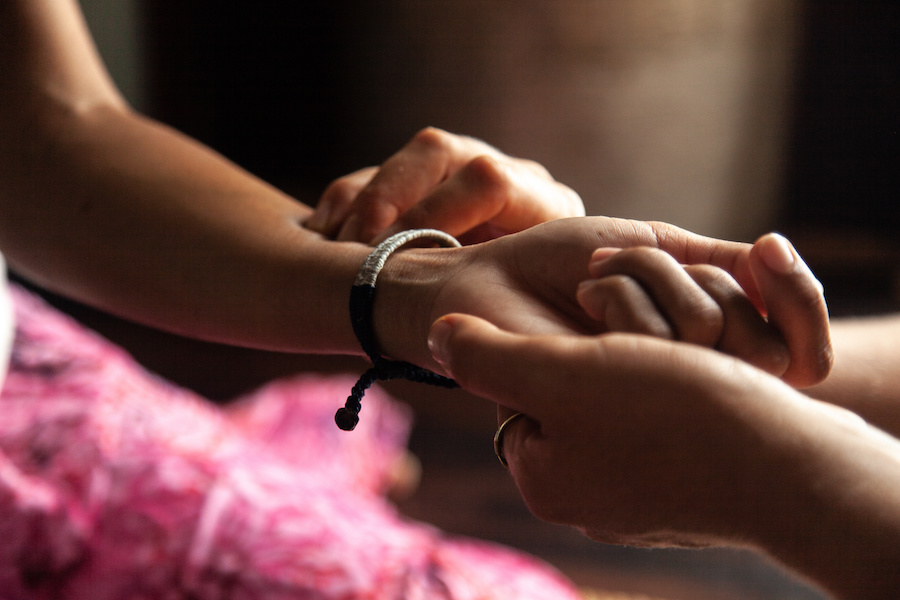
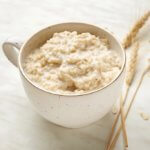
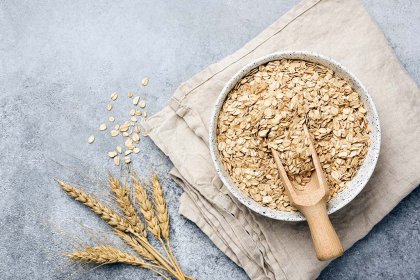
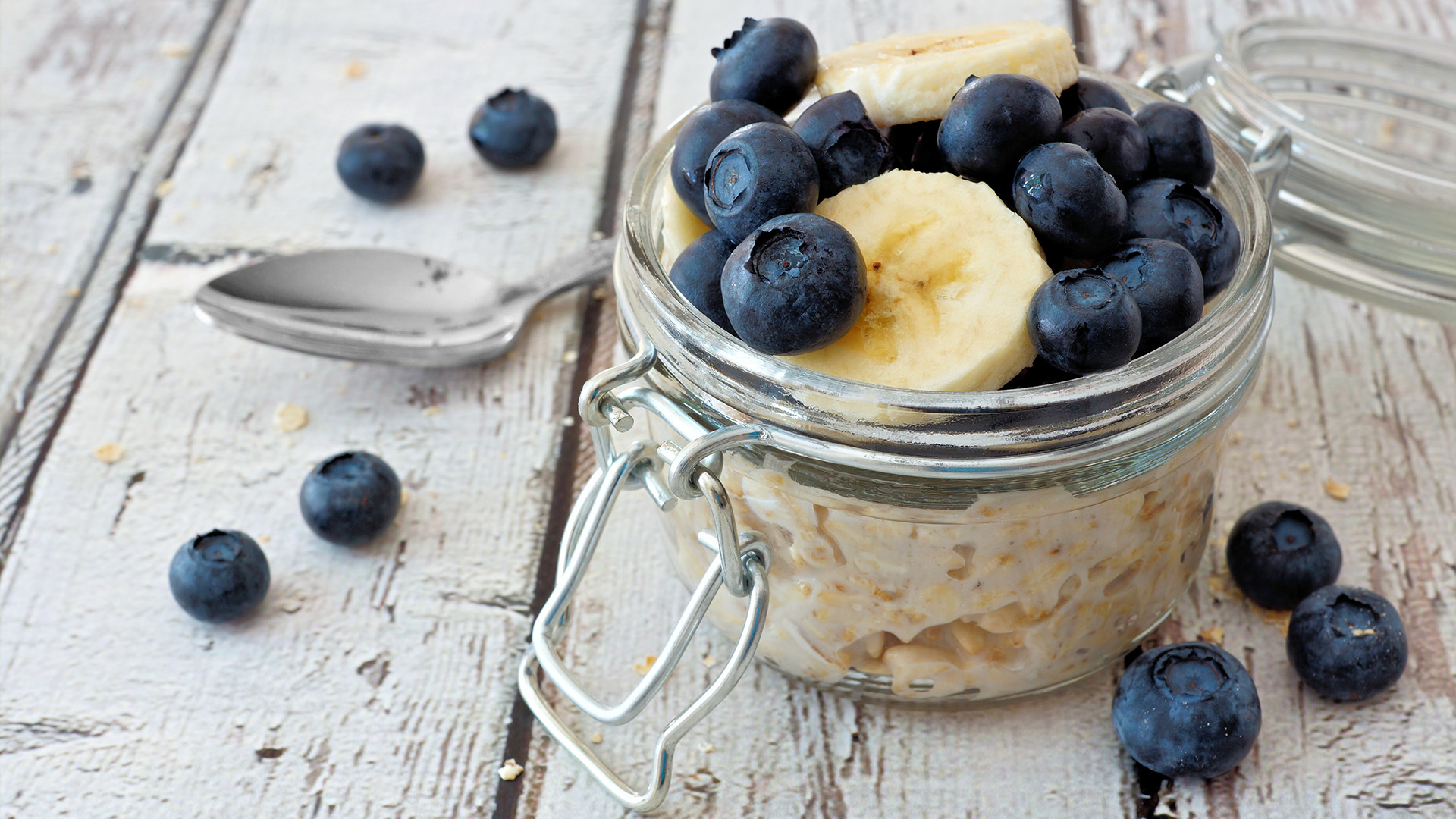
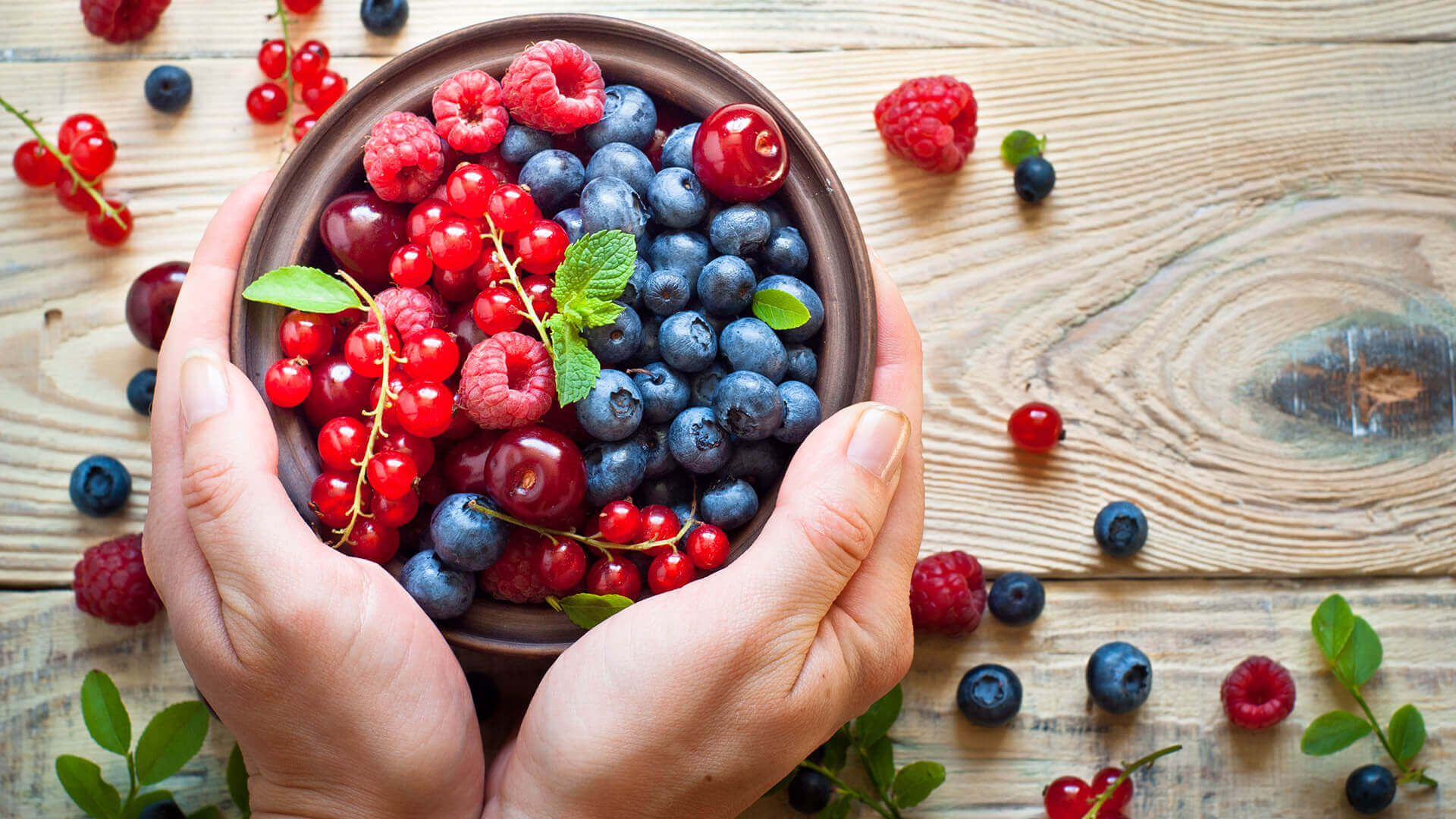
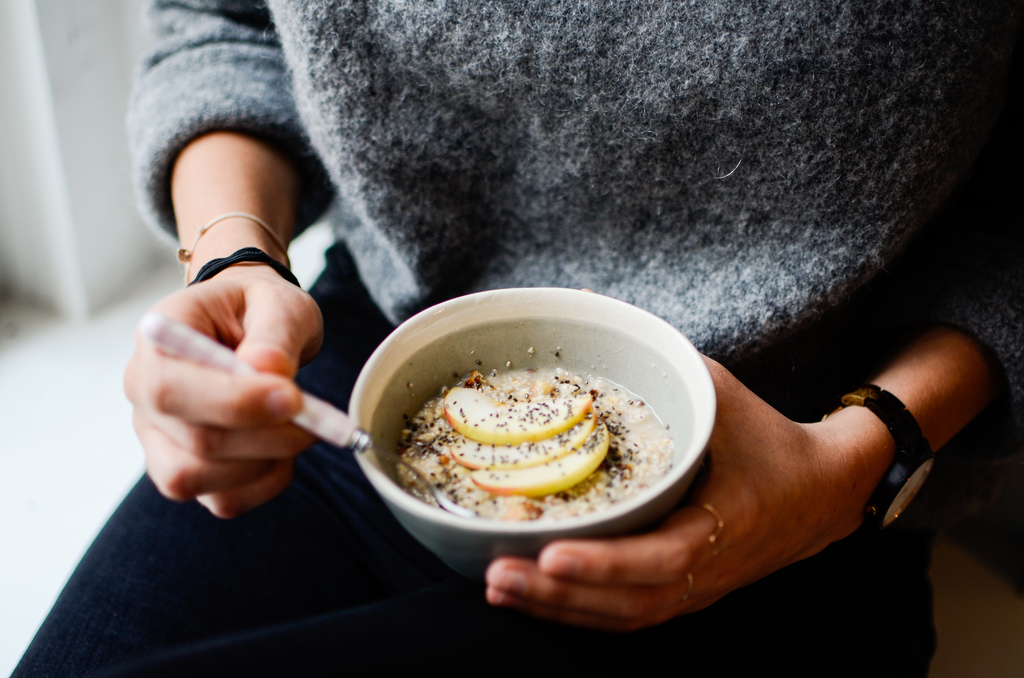

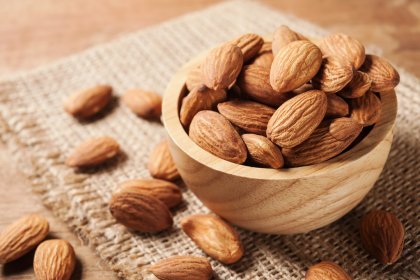
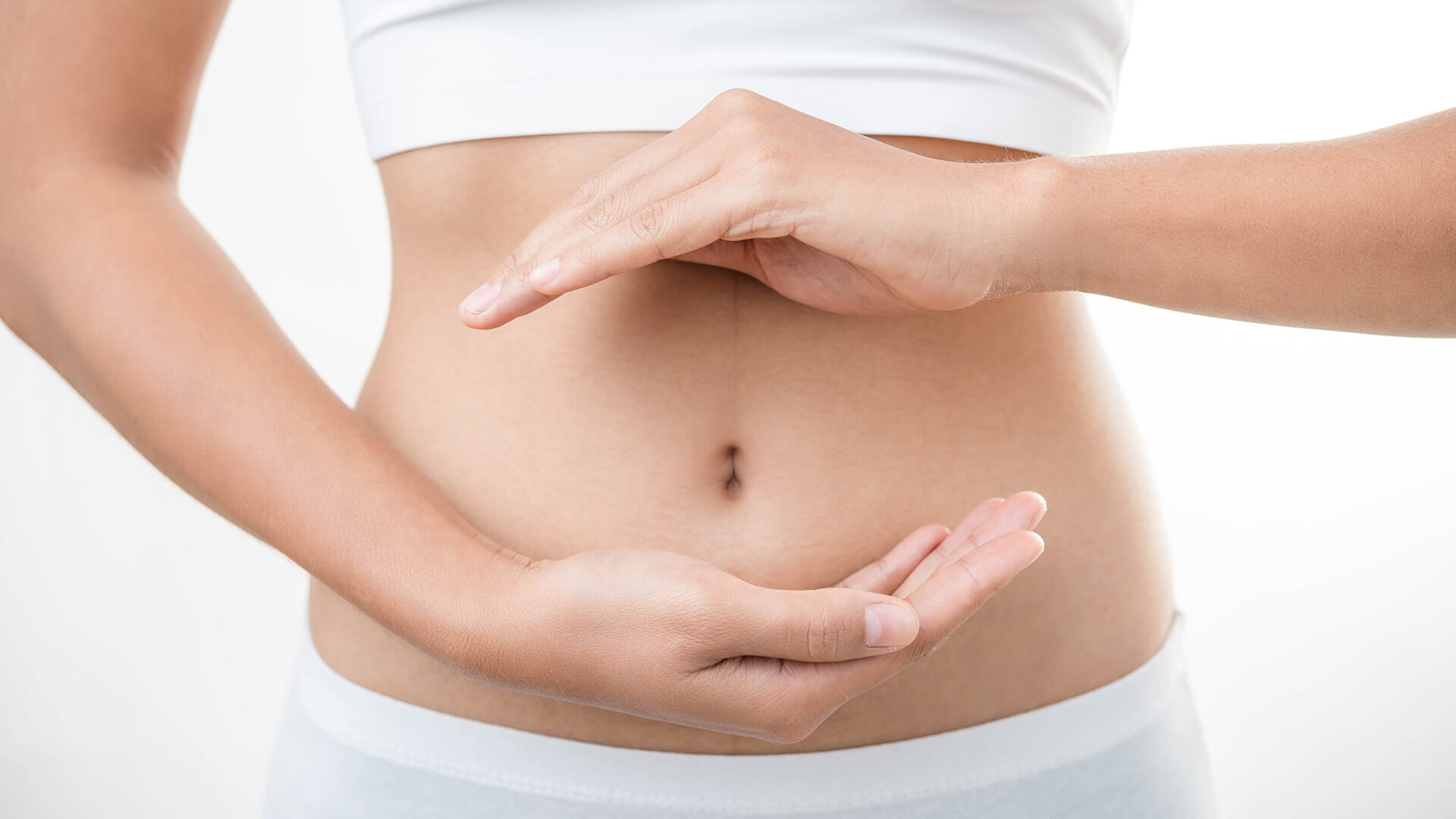
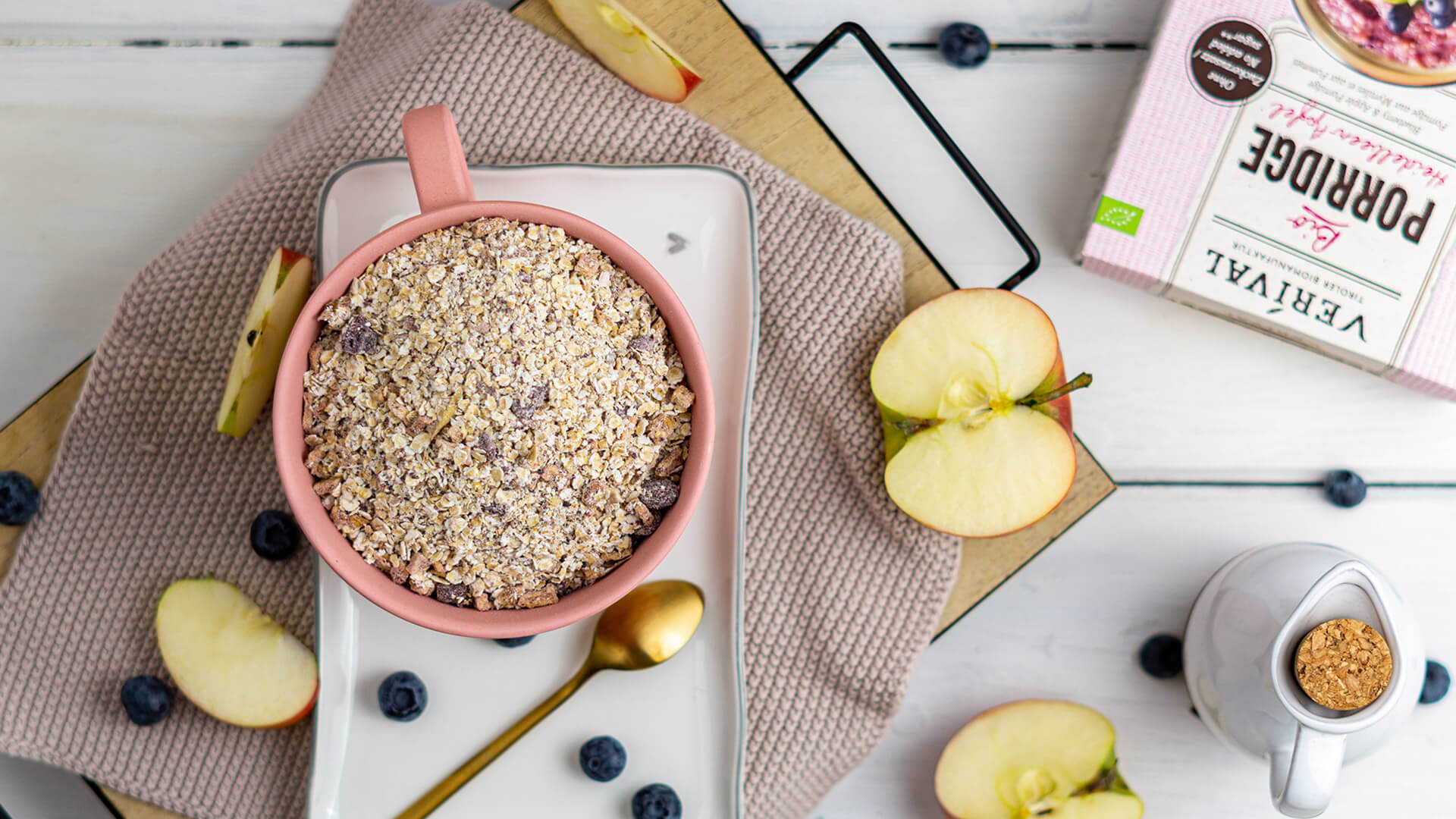
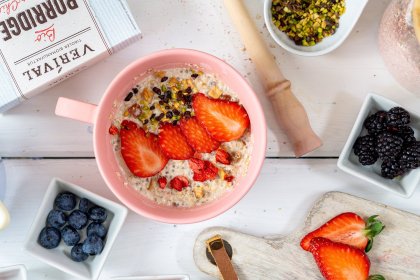
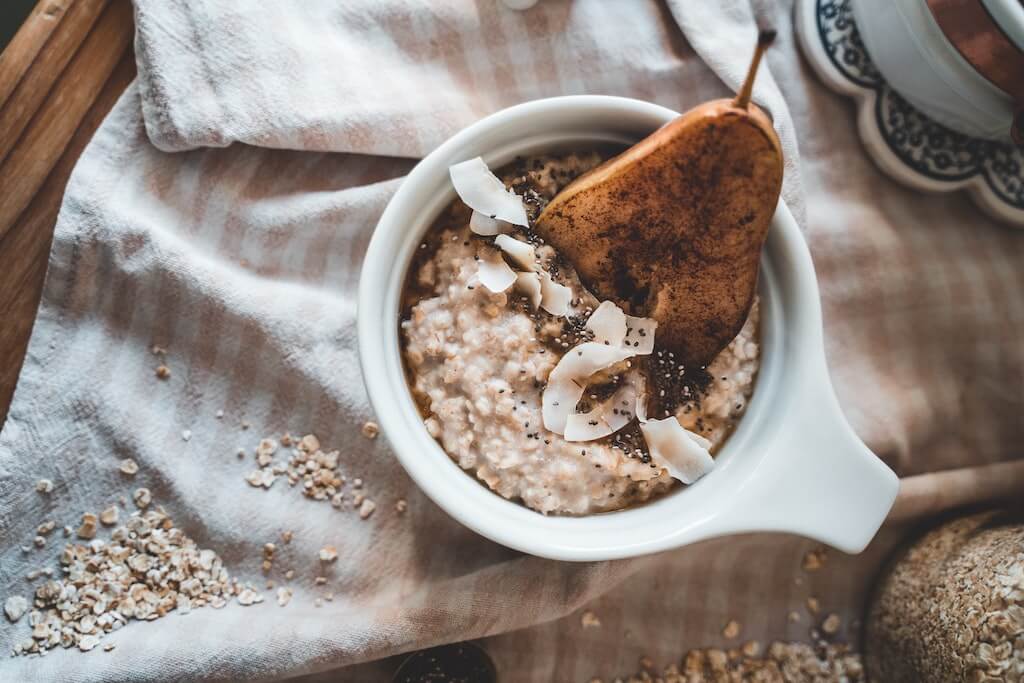
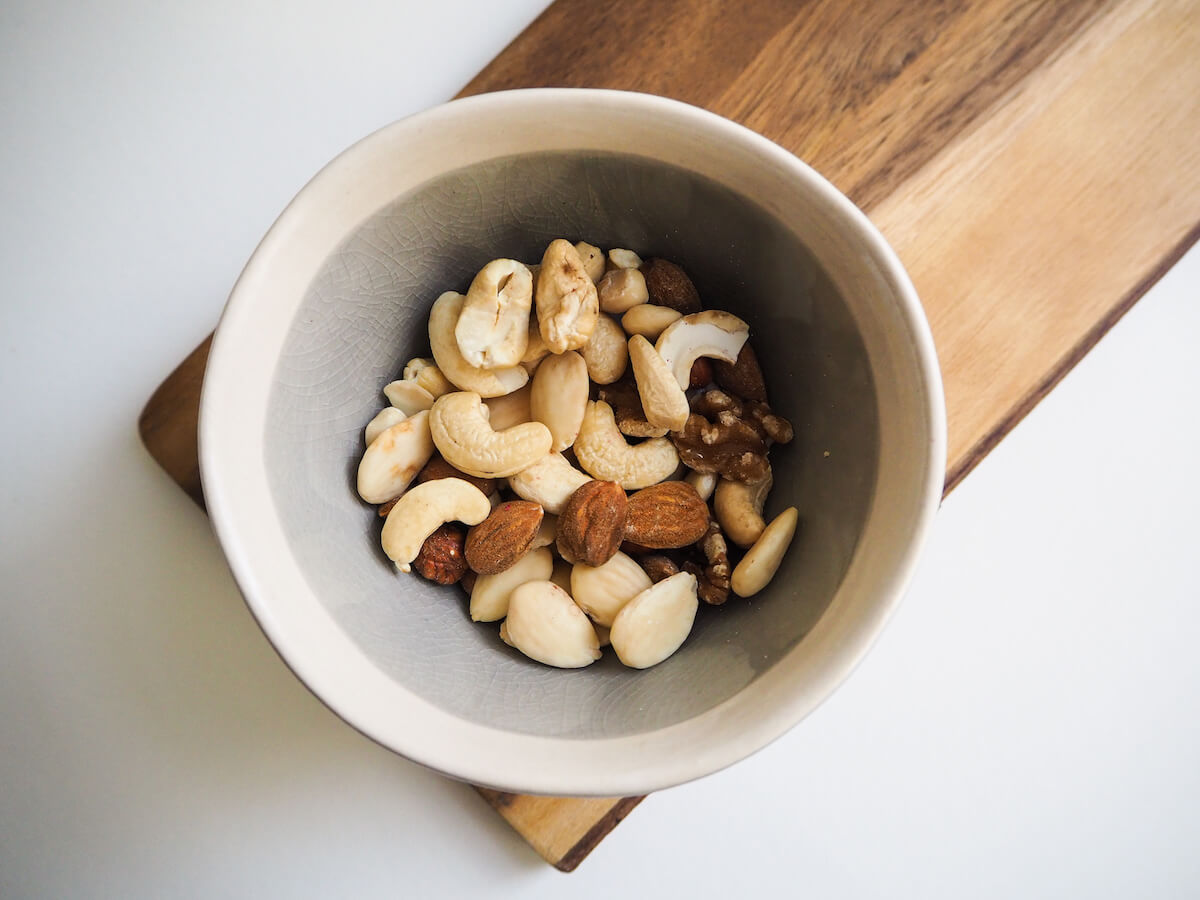

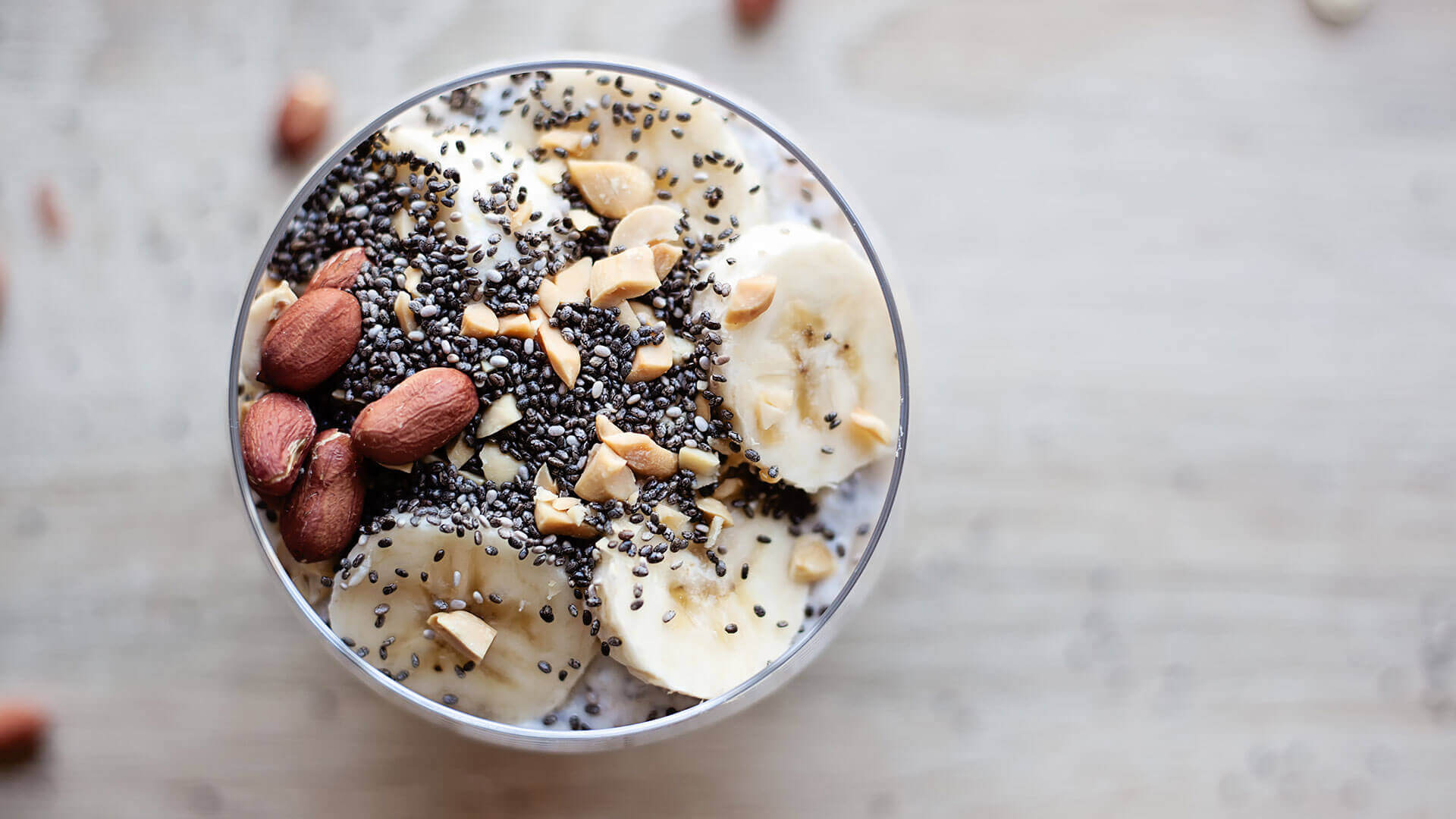
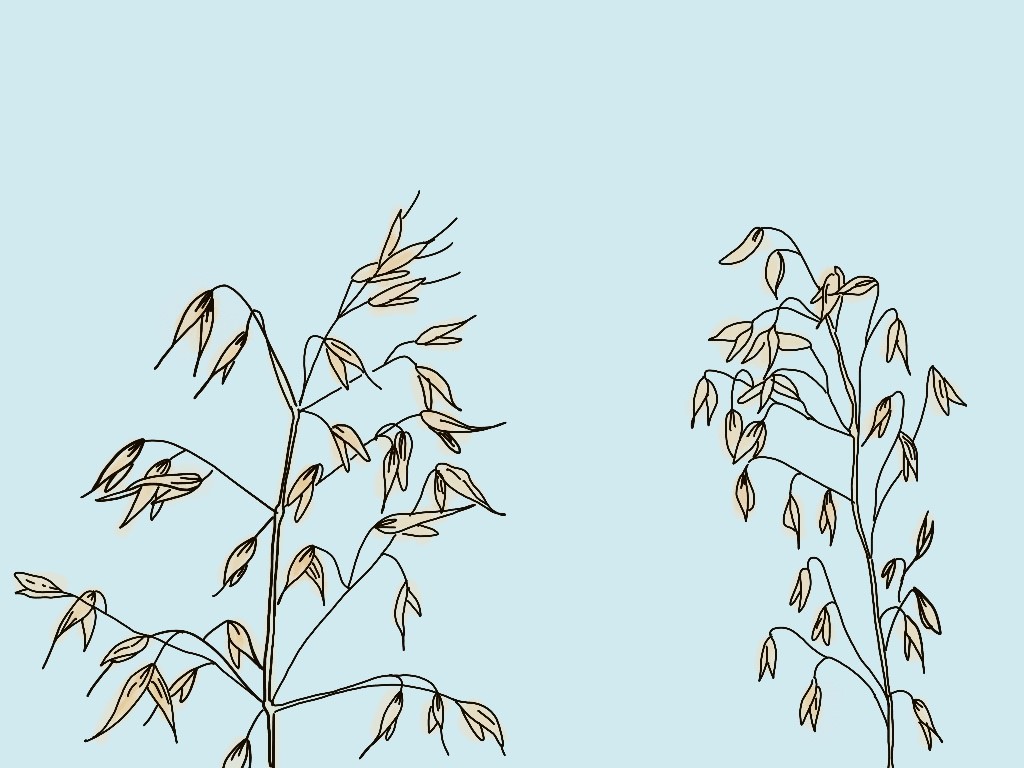
Do you like this post? Share it with friends: